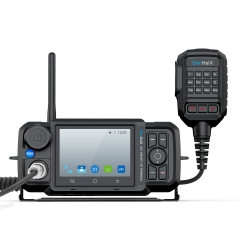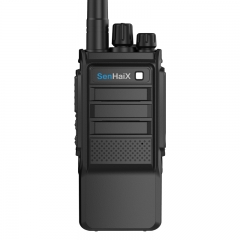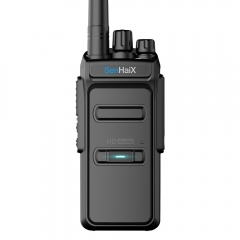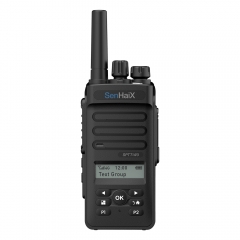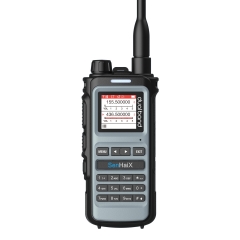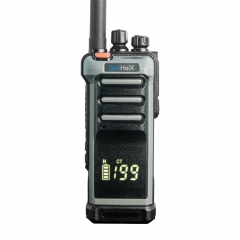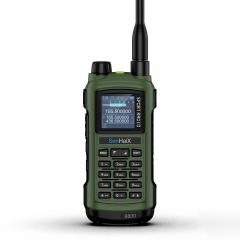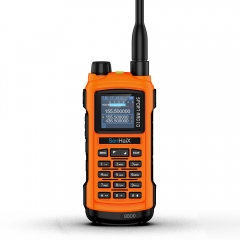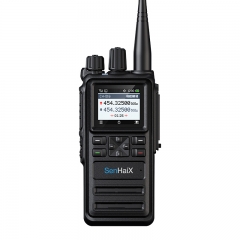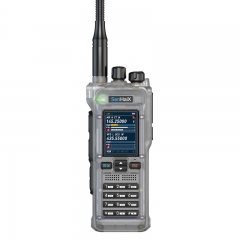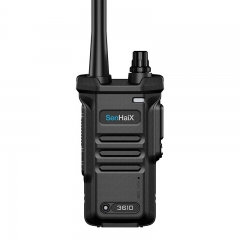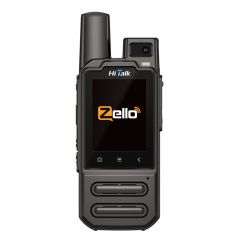Network two-way radios, also known as digital two-way radios or IP radios, are advanced communication devices that leverage the power of networks and digital technology for enhanced functionality and efficiency. These radios provide robust and seamless communication capabilities, allowing users to connect and collaborate across larger geographic areas and multiple sites.
One of the key features of network two-way radios is their ability to operate over existing IP networks, such as Wi-Fi or cellular data networks. This network connectivity enables communication between radios located in different locations, whether it's within a single building, across a campus, or even spanning multiple cities. Users can communicate instantly and reliably without being restricted by traditional radio range limitations.
Network radios offer the benefit of wider coverage and improved signal quality. Instead of relying on the strength of a radio signal alone, they leverage the reach and stability of established network infrastructures. This results in clearer audio quality, reduced interference, and an extended communication range, which is particularly advantageous in larger environments or areas with challenging RF conditions.
Another significant advantage of network radios is their ability to support group communication and advanced call management features. Users can be organized into talk groups or channels, enabling targeted communication with specific individuals or teams. Dispatchers or supervisors can monitor conversations, coordinate resources, and prioritize communications, leading to more efficient and coordinated operations. Additionally, network radios often support individual calling, group calling, emergency alerts, and other call management features that enhance communication flexibility and effectiveness.
Network radios also offer additional data capabilities beyond voice transmission. With integrated data applications or messaging features, users can send text messages, images, or even files directly from their radios. This facilitates the sharing of critical information, such as location updates, incident reports, or other data relevant to the task at hand. These data capabilities enhance situational awareness, streamline workflows, and enable quick decision-making.
Security is a crucial aspect of network radios. They typically employ modern encryption algorithms and advanced security protocols to protect communication and prevent unauthorized access. With features such as secure key loading, over-the-air rekeying, and end-to-end encryption, network radios ensure that sensitive information remains confidential and communication remains secure.
Additionally, network radios are often compatible with various devices and services, allowing integration with other communication systems or applications. They can interface with dispatch consoles, telephony systems, or even connect to external sensors or alarms, enabling broader interoperability and system integration.
Network two-way radios are transforming the way organizations communicate by leveraging the power of networks and digital technology. With their wider coverage, advanced features, data capabilities, and enhanced security, these radios offer a reliable and efficient communication solution for industries such as public safety, transportation, utilities, and hospitality. They enable seamless collaboration, improved coordination, and greater situational awareness, ultimately enhancing operational effectiveness and safety.


















